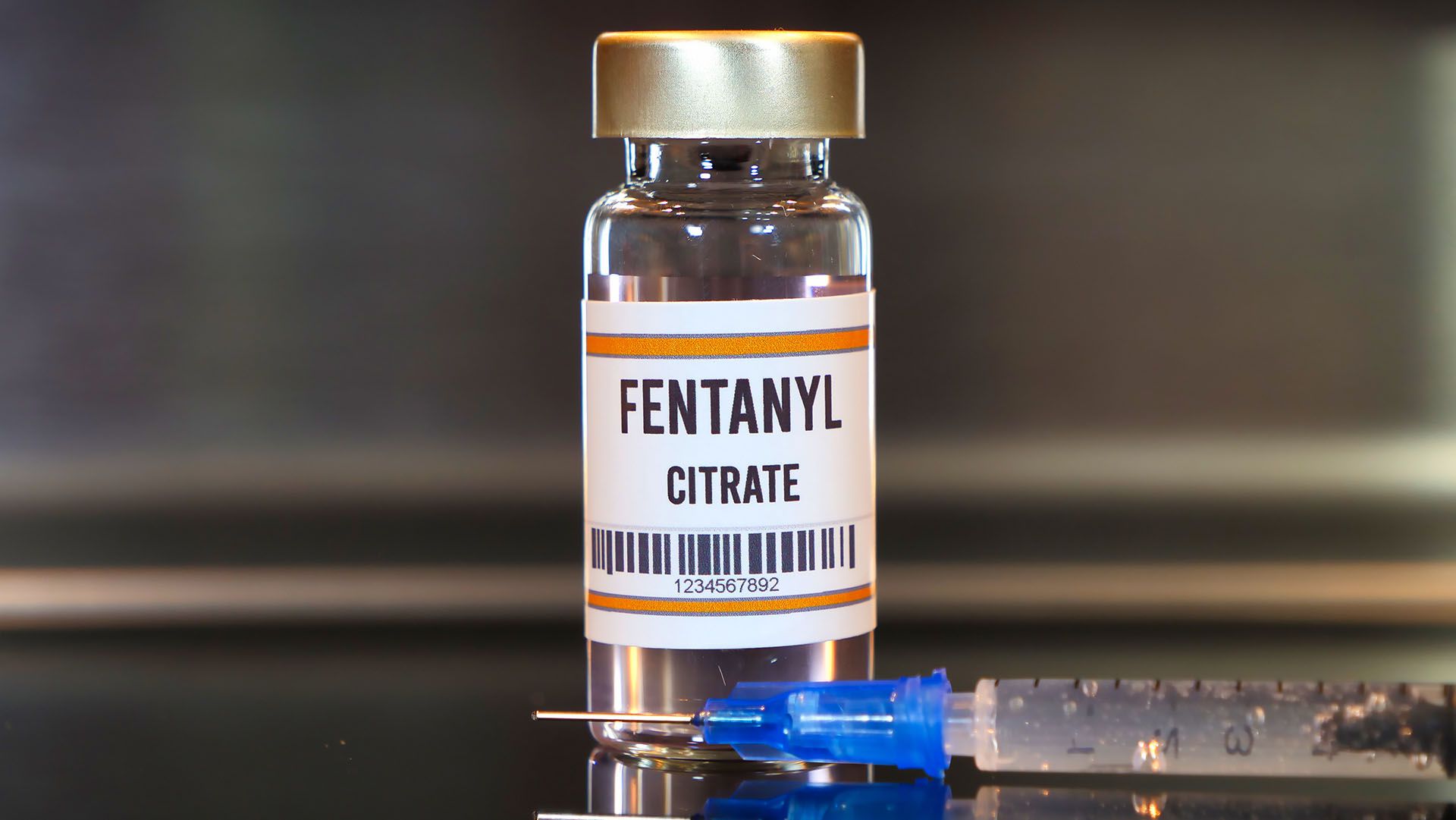What is Dual Diagnosis Treatment
About half of all people with a substance abuse problem also have an underlying mental illness. In some cases, the mental illness preceded the addiction, while in others it sprung up during the addiction, or even as a result of prolonged substance abuse. The technical term for co-occurring mental illness and substance abuse is a dual diagnosis, though some treatment providers refer to this phenomenon as a co-occurring disorder.
A host of Toronto drug rehab facilities, as well as drug rehabs across the country, offer dual diagnosis treatment. If you have a dual diagnosis, it’s critical to find the right treatment program. Simply addressing your addiction or mental illness alone will not be enough to help you get and stay sober. You need and deserve comprehensive dual diagnosis treatment.
What is a Dual Diagnosis?
Any mental illness that co-occurs alongside a substance abuse problem is a dual diagnosis. For this reason, some mental health professionals refer to dual diagnoses as co-occurring disorders. For some, the mental illness precedes the drug addiction, with drug addiction serving as a coping tool for managing the pain of mental illness. For other addicts, the addiction springs up alongside the mental illness. In some cases, addiction can even cause mental illness, though this is a relatively rare phenomenon.
Research consistently suggests that mental illness is common, and tragically under-treated. About half of all substance abusers also have a mental illness, but most don’t get the help they need. Mental health professionals have identified hundreds of mental health conditions, so it’s impossible to list symptoms of them all in a single place. But if you find that your reactions frequently cause you problems, your emotions make you miserable, or that others don’t seem to understand you, consider seeking an evaluation for mental illness. Some of the most common symptoms of mental illness include:
- Feeling sad, angry, or anxious most of the time, even when there’s no apparent reason to feel this way.
- Taking longer to bounce back from setbacks than most people.
- Reacting to challenges in ways that other people find confusing or unusual.
- Believing or seeing things that other people don’t see or believe.
- Being unable to hold down a job, relationship, or friendship.
- Difficulty sleeping.
- Unusual eating habits.
- Frequent panic.
- Chronic conflict with loved ones.
- Difficulty empathizing with or relating to loved ones.
- Struggling to listen to other people’s feelings.
- Being unable to control your emotions in public; over-sharing.
- Loved ones suggesting that you may need help.
- A history of problematic behaviors that don’t make sense. For instance, you might keep spending money you don’t have.
How Does Mental Illness Affect Addiction?
Mental illness and addiction conspire to create a cycle of unhappiness. The two phenomena act as a feedback loop to each other. Mental illness leaves you feeling bad, and makes life harder than it is for most people, encouraging you to continue using drugs. Your drug use, in turn, makes it progressively more difficult to control your emotions. Over time, mental illness and substance abuse tend to get worse together. This is why dual diagnosis treatment is so important. It addresses both factors, rather than treating one as if it caused the other.
Mental Illness as a Substance Abuse Risk Factor
Literally dozens of reasons help explain why mental illness is so common among people with drug addiction issues. Some of the most common ways in which drugs and mental illness interact include:
- Mental illness increases your likelihood of taking potentially addictive drugs, such as benzodiazepines. Even when used under a doctor’s careful supervision, these drugs can become addictive.
- Mental illness makes life more difficult, and trauma, stress, and dysfunction are all risk factors for drug use.
- Mental illness interferes with your judgment, and may cause you to take unhealthy and inappropriate risks, such as abusing drugs.
- Substance abuse undermines your ability to make good decisions, thereby compromising your willingness and ability to make sound decisions to treat your mental illness.
- The symptoms of substance abuse may obscure symptoms of mental illness, creating the impression that you’re just an addict, not that your issues are also a product of mental health concerns.
Treatment for Dual Diagnosis
Even if you can conclusively demonstrate that one issue caused the other—such as by proving you turned to drugs to cope with the pain of depression—this doesn’t mean you can get away with treating just one issue. Instead, treatment must be comprehensive in nature, including:
- Medical care. Not only will you need assistance to navigate the detox process. You’ll also need help treating your mental illness. Medications such as antidepressants can make it easier to fight the battle against mental health issues, but some of these medications can be addictive. A doctor who specializes in addiction medicine and mental health can help you strike the right balance between getting treatment and using potentially addictive prescription medications.
- Individual counseling. Therapy can help you better understand your addiction and the factors that contribute to it, in addition to offering you the coping skills you need to defend your sobriety against temptation for the rest of your life. Individual counseling also plays a key role in the fight against mental illness, and is often the very best treatment. Your therapist will help you master skills for regaining control over your emotions, offer you an education about factors that can worsen your mental illness, and help you establish a healthier lifestyle that can reduce the degree to which mental illness undermines your happiness and health.
- Group support. Many rehab centers offer 12-step programs, since the peer support these programs offer can supplement the formal treatment you receive. Additionally, living among addicts in rehab offers you support when you need it, where you need it, from folks who have been there.
- Lifestyle skills training. Both addiction and mental illness compromise your ability to lead a healthy life. Cultivating a healthy lifestyle that includes meditation, exercise, quality nutrition, and an active social life can help you manage the stress of a dual diagnosis.
- A sober living environment. If you have a dual diagnosis, pursuing treatment that gets you away from the pressures and stress of home is a must. The sober living environment that quality rehabs offer provides a break from the struggles of your daily existence, giving you the strength you need to continue moving forward with your sobriety journey.
Questions to Ask Before Pursuing Treatment
You wouldn’t take a vacation without first researching the location, and the same should be true for rehab. Every rehab center has its own unique philosophy, and no single treatment facility is right for everyone. Good rehabs are willing to answer questions because they know you’re making a hefty investment, and they want to ensure you get the right treatment for your needs. Before you sign a contract, ask everything you want to know. Here are some questions to get you started:
- Do you have trained medical and mental health professionals on staff?
- What if I have a medical emergency?
- Can my family visit? How involved will they be in treatment?
- What steps do you take to protect my privacy?
- What activities are restricted?
- Can I work while I attend rehab?
- How long does treatment take?
- What is the specific cost of treatment, and do any specific factors alter the cost?
- Do you have experience treating my condition? Every mental health condition is different, and the process for treating, say, post-traumatic stress disorder is very different from treating personalities disorders. Treatment centers that treat all mental illnesses as a one-size-fits-all proposition can actually harm their clients.
- What licensing and training do members of your staff have?
- What happens if I relapse? Do you offer any guarantees?
- Can you respect my philosophy and lifestyle?
- Do you endorse a specific religious tradition?
- Is your approach evidence-based? Can I see research?
- Can I see statistics on your success rate?
- Can I speak to references?
- What sort of living conditions can I expect?
Contact Addiction Rehab Centres Canada today!
Further Reading:
Dual Diagnosis Program
Medical Detox
DrugFacts: Comorbidity: Addiction and Other Mental Disorders
MedLinePlus: Dual Diagnosis Explained
Wikipedia: Dual Diagnosis







